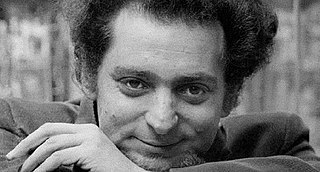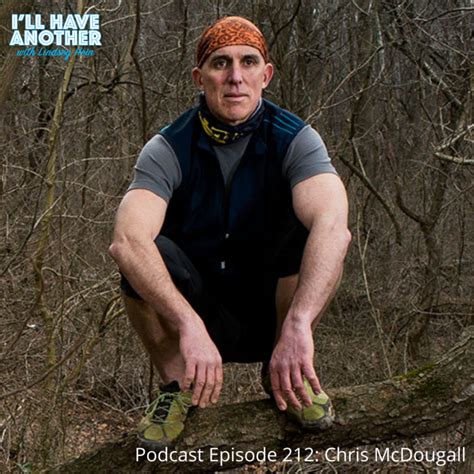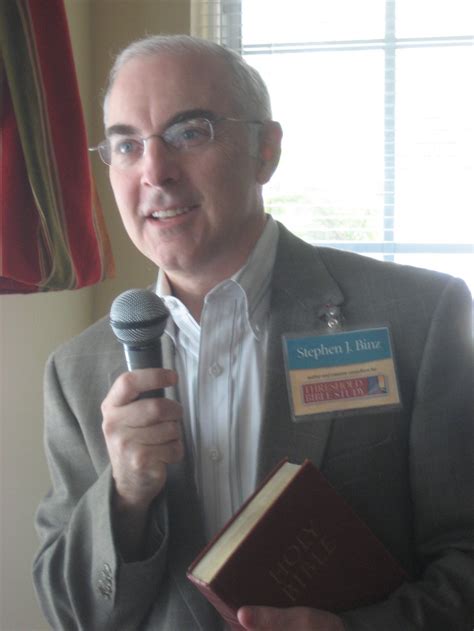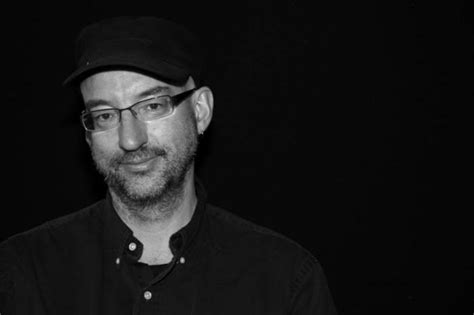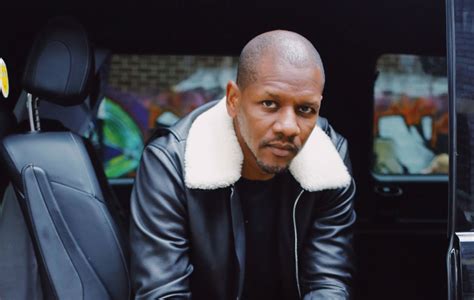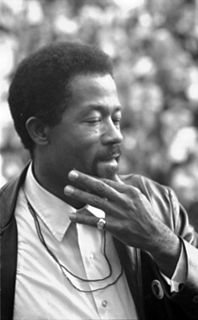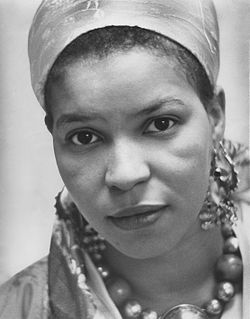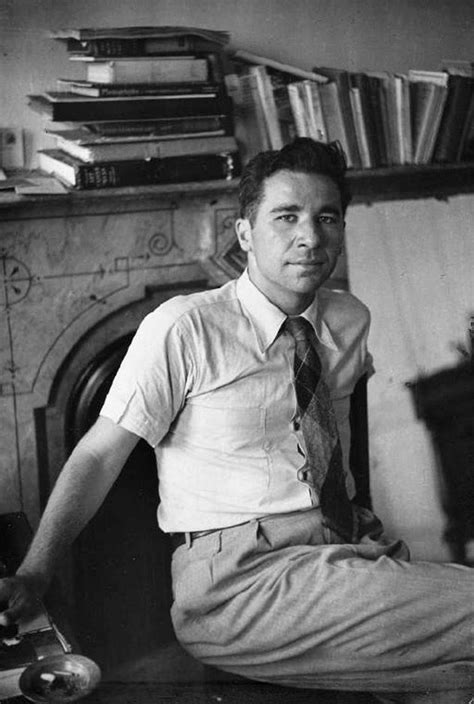Top 394 Rhythms Quotes & Sayings - Page 7
Explore popular Rhythms quotes.
Last updated on December 18, 2024.
To follow Jesus implies that we enter into a way of life that is given character and shape and direction by the one who calls us. To follow Jesus means picking up rhythms and ways of doing things that are often unsaid but always derivative from Jesus, formed by the influence of Jesus. To follow Jesus means that we can't separate what Jesus is saying from what Jesus is doing and the way that he is doing it. To follow Jesus is as much, or maybe even more, about feet as it is about ears and eyes" (The Way of Jesus, Eugene H. Peterson, 22).
Through and through the world is infested with quantity: To talk sense is to talk quantities. It is no use saying the nation is large. . . . How large? It is no use saying the radium is scarce. . . . How scarce? You cannot evade quantity. You may fly to poetry and music, and quantity and number will face you in your rhythms and your octaves.
I read a lot. I always have, but in those two years I gorged myself on books with a voluptuous, almost erotic gluttony. I would go to the local library and take out as many as I could, and then lock myself in the bedsit and read solidly for a week. I went for old books, the older the better - Tolstoy, Poe, Jacobean tragedies, a dusty translation of Laclos - so that when I finally resurfaced, blinking and dazzled, it took me days to stop thinking in their cool, polished, crystalline rhythms.
The key to maturity is time and community. Discernment and godly wisdom develop in a community that spans generations. The church is called to be this place where the [God's] Spirit uses normal patterns and rhythms of the Christian life in a community, so that we may bear fruit like a well-watered tree. Despite common appearances, the church is the place where God's new creation is coming into existence and being sustained by the Spirit like a great vineyard.
What we need to question is bricks, concrete, glass, our table manners, our utensils, our tools, the way we spend our time, our rhythms. To question that which seems to have ceased forever to astonish us. We live, true, we breathe, true; we walk, we go downstairs, we sit at a table in order to eat, we lie down on a bed on order to sleep. How? Where? When? Why? Describe your street. Describe another. Compare.
To me, when one is writing sometimes about a very specific subject with very specific people, I feel like if that story doesn't cross over, it's not working. That's very beautiful to me, to be sitting in Berlin and there's an actor reading my book in German. I don't even know what's going on, except I know to feel my own rhythms in another language and say, "If this is going well, I think everyone should laugh around now." Then maybe there's laughter, and for me, it reminds me of how story can move around the world.
That was the real secret of the Tarahumara: they'd never forgotten what it felt like to love running. They remembered that running was mankind's first fine art, our original act of inspired creation. Way before we were scratching pictures on caves or beating rhythms on hollow trees, we were perfecting the art of combining our breath and mind and muscles into fluid self-propulsion over wild terrain. And when our ancestors finally did make their first cave paintings, what were the first designs? A downward slash, lightning bolts through the bottom and middle-behold, the Running Man.
Looking, Walking, Being, I look and look. Looking's a way of being: one becomes, sometimes, a pair of eyes walking. Walking wherever looking takes one. The eyes dig and burrow into the world. They touch, fanfare, howl, madrigal, clamor. World and the past of it, not only visible present, solid and shadow that looks at one looking. And language? Rhythms of echo and interruption? That's a way of breathing. breathing to sustain looking, walking and looking, through the world, in it.
Things that live by night live outside the realm of 'normal' time and so suggest living outside the realm of good and evil, since we have moralistic feelings about time. Chauvinistic about our human need to wake by day and sleep by night, we come to associate night dwellers with people up to no good at a time when they have the jump on the rest of us and are defying nature, defying their circadian rhythms.
There is a value in repetition. When we repeat certain phrases and even actions, like fingering prayer beads, we create a quiet rhythm within our spirits. The beating of our heart is a repetition as is the rhythm of our breathing. All of life has its rhythms, and the repetition of familiar prayers can bring our interior spirits into harmony with the Divine Heartbeat and the breathing of the Divine Christ.
When the first mechanical clocks were invented, marking off time in crisp, regular intervals, it must have surprised people to discover that time flowed outside their own mental and physiological processes. Body time flows at its own variable rate, oblivious to the most precise hydrogen master clocks in the laboratory. In fact, the human body contains its own exquisite time-pieces, all with their separate rhythms. There are the alpha waves in the brain; another clock is the heart. And all the while tick the mysterious, ruthless clocks that regulate aging.
It is unwise to equate scientific activity with what we call reason, poetic activity with what we call imagination. Without the imaginative leap from facts to generalisation, no theoretic discovery in science is made. The poet, on the other hand, must not imagine but reason--that is to say, he must exercise a great deal of consciously directed thought in the selection and rejection of his data: there is a technical logic, a poetic reasoning in his choice of the words, rhythms and images by which a poem's coherence is achieved.
Joel Lane documents a life we don’t quite live, in a city we can’t quite find: half glimpsed and half imagined, we know it’s out there somewhere. Waiting, maybe. Mixing fear with desire, reputation with regret. Touching the blood-beat of our secret hunger with the rhythms of a music that never felt alien till now. Wasted lives, with never a wasted word. It’s an extraordinary achievement: vivid as neon, real as rain. Devastating.
She was getting used to his rhythms and his moods, recognizing the quiet signals that telegraphed who he was. Good and bad, strengths and faults, he was hers forever. As she pulled into the driveway, she spotted Logan coming down the steps from the house, and she waved. She was his forever, too—imperfect as she was. Take it or leave it, she thought. She was who she was. As Logan walked toward her, he smiled as if reading her mind and opened his arms.
What really does work to increase the feeling of having a home and its comforts is housekeeping. Housekeeping creates cleanliness, order, regularity, beauty, the conditions for health and safety, and a good place to do and feel all the things you wish and need to do and feel in your home. Whether you live alone or with a spouse, parents, and ten children, it is your housekeeping that makes your home alive, that turns it into a small society in its own right, a vital place with its own ways and rhythms, the place where you can be more yourself than you can be anywhere else.
To get past your ego and its defenses you need to get quiet, be brave, and listen to your inner voices....When you embrace the messages of each aspect of your shadow, you begin to take back the power you’ve given to others and form a bond of trust with your authentic self. The voices of your unembraced qualities, when allowed into your consciousness, will bring you back into balance and harmony with your natural rhythms.
Speech, tennis, music, skiing, manners, love- you try them waking and perhaps balk at the jump, and then you're over. You've caught the rhythm of them once and for all, in your sleep at night. The city, of course, can wreck it. So much insomnia. So many rhythms collide. The salesgirl, the landlord, the guests, the bystanders, sixteen varieties of social circumstance in a day. Everyone has the power to call your whole life into question here. Too many people have access to your state of mind. Some people are indifferent to dislike, even relish it. Hardly anyone I know.
I think it's often easier to theorize in the official codes of theory rather than to theorize lightly through scene, object, story, and incident in ways that keeps alive the sensual serendipities of language. This is not a question of being for or against theory, but rather of being suspicious of orthodoxies that concede, in advance, that what passes for theory must be signaled by a narrowing of diction, sentence rhythms, and sensual awareness. I'm in favor of surprise.
I've always been into music. I used to DJ. I used to mix reggae and that. I used to be into reggae hard. Well first it was rap, then reggae, then rap again, then rap and reggae. But I was always DJing out my window for the whole estate. Everyone used to sit outside and all and listen. And I used to be running rhythms in that.
Bill Monroe spoke of bringing 'ancient tones' into his music with echoes of British and Irish fiddle and bagpipe music, while also delving deeply into American blues, gospel, folk hymnody, and hill country dance music. To that gumbo, he added the invigorating rhythms and harmonies of hot jazz. It was a new kind of American music, named in honor of his band The Blue Grass Boys to be known, simply, as bluegrass.
The white youth of today have begun to react to the fact that the American Way of Life is a fossil of history. What do they care if their old baldheaded and crew-cut elders don't dig their caveman mops? They couldn't care less about the old, stiff-assed honkies who don't like their new dances: Frog, Monkey, Jerk, Swim, Watusi. All they know is that it feels good to swing to way-out body-rhythms instead of dragging across the dance floor like zombies to the dead beat of mind-smothered Mickey Mouse music.
The most inspiring drummer for me is Stewart Copeland from The Police. The Police are the first band I can remember really liking, and Copeland is a guy who was playing in sort of a rock band, or a rock-pop band, but he didn't want to do the traditional kind of rock drumbeat. He was doing all these kind of reggae rhythms, and the reggae style is almost an exact opposite of the rock mold of drumming.
somebody/ anybody sing a black girl's song bring her out to know herself to know you but sing her rhythms carin/ struggle/ hard times sing her song of life she's been dead so long closed in silence so long she doesn't know the sound of her own voice her infinite beauty she's half-notes scattered without rhythm/ no tune sing her sighs sing the song of her possibilities sing a righteous gospel let her be born let her be born & handled warmly.
Listen to John Coltrane enough and after two bars, just two bars at any place, and you know that's him. We all have signature things that happen to be similar that you can predict and you try to stay away from that except the rhythms: those pauses, they're part of my signature, the part where I know when I say nothing, I already painted enough, led enough and I don't even have to say anything. But those pauses don't belong to me. Jack Benny was one of the first guys in comedy to make the anticipation so great that during the pause people start to laugh before the execution.
Walking I am unbound, and find that precious unity of life and imagination, that silent outgoing self, which is so easy to loose, but which a high moments seems to start up again from the deepest rhythms of my own body. How often have I had this longing for an infinite walk - of going unimpeded, until the movement of my body as I walk fell into the flight of streets under my feet - until I in my body and the world in its skin of earth were blended into a single act of knowing.
Your body is the ground metaphor of your life, the expression of your existence... So many of us are not in our bodies, really at home and vibrantly present there. Nor are we in touch with the basic rhythms that constitute our bodily life. We live outside ourselves - in our heads, our memories, our longings - absentee landlords of our own estate. My way back into life was ecstatic dance. I reentered my body by learning to move my self, to dance my own dance from the inside out, not the outside in.
Writing style is something is a consequence of who you are. I think that I had a certain propensity for a style that I recognize in my early work, but that doesn't mean I didn't have to learn certain basics and the longer you write the better you get. The rhythms come from you. If the rhythm seem to echo the music, then that's delightful if people see that, but it's certainly not something that's intentional on my part. I'm trying to be as clear and precise as I can be and at the same time, I'm trying to be eloquent and witty and entertaining. I mean, writing should be a pleasure.
I think [Hollywood] has achieved everything they’ve always dreamed of. The audience now seems to be very dumb. They pay money to watch the same film. Now, you could argue, that's because it makes them feel comfortable. When they go to a movie now, it's almost like hearing a pop song. You know the rhythms, you know when the downbeat is going to come, you know when the explosion is going to come… And so as life becomes more complex, as the economy is in trouble, people cling to what makes them comfortable, so they go again and again to see the same movie.
The script is like music to me. I approach it like it's a musical piece and I hear how it's supposed to sound when people say the words. There's rhythms and there's intonations and things, and so, when somebody comes in and hits the notes that I hear, I go okay. Or, they come close enough, and then I'll say "Well how about you try it like this?" and if they have a good ear and they can pick it up, then I think okay, they've got it.
The modern age has been characterized by a Promethean spirit, a restless energy that preys on speed records and shortcuts, unmindful of the past, uncaring of the future, existing only for the moment and the quick fix. The earthly rhythms that characterize a more pastoral way of life have been shunted aside to make room for the fast track of an urbanized existence. Lost in a sea of perpetual technological transition, modern man and woman find themselves increasingly alienated from the ecological choreography of the planet.
Naked I came into the world, but brush strokes cover me, language raises me, music rhythms me. Art is my rod and staff, my resting place and shield, and not mine only, for art leaves nobody out. Even those from whom art has been stolen away by tyranny, by poverty, begin to make it again. If the arts did not exist, at every moment, someone would begin to create them, in song, out of dust and mud, and although the artifacts might be destroyed, the energy that creates them is not destroyed.
Yes, I heard my people singing!-in the glow of parlor coal-stove and on summer porches sweet with lilac air, from choir loft and Sunday morning pews-and my soul was filled with their harmonies. Then, too, I heard these songs in the very sermons of my father, for in the Negro's speech there is much of the phrasing and rhythms of folk-song. The great, soaring gospels we love are merely sermons that are sung; and as we thrill to such gifted gospel singers as Mahalia Jackson, we hear the rhythmic eloquence of our preachers, so many of whom, like my father, are masters of poetic speech.
Flamenco is connected with so many types of music. It has Jewish culture inside, Arabian culture inside, Russian culture inside, Spanish culture inside. It's linked to African music too, because African music has the 'amalgama' rhythms you can find in flamenco. You can find everything in flamenco. That's why it's so beautiful.
Witing is essentially interior work, and many writers are interior personalities. Having a job forces you out of the world of your work, and into the one in which you get to observe people. Yes, you can imagine all this, but as a fiction writer, you can never observe enough the rhythms of how humans move through the world. A job demands that you structure your time much more carefully. You learn how to be resourceful, and that in turn provides a certain intensity of focus.




